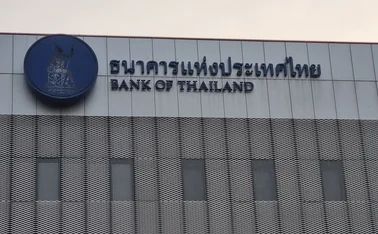
Peru’s Velarde condemns interest rate cap law
Central bank gains power to fix maximum rates every six months

Julio Velarde, governor of the Central Reserve Bank of Peru (BCRP), has condemned a law that empowers the central bank to cap interest rates.
The Congress of Peru passed the Law for the Protection of Consumers in Financial Services, on March 12 by a vote of 85–8. The vote overrode objections made by the president, Peruvian media reported.
The law states that interest rates will be “freely designated within the limit established by the Central Reserve Bank [of Peru]”. Penalty interest rates for
Only users who have a paid subscription or are part of a corporate subscription are able to print or copy content.
To access these options, along with all other subscription benefits, please contact info@centralbanking.com or view our subscription options here: subscriptions.centralbanking.com/subscribe
You are currently unable to print this content. Please contact info@centralbanking.com to find out more.
You are currently unable to copy this content. Please contact info@centralbanking.com to find out more.
Copyright Infopro Digital Limited. All rights reserved.
As outlined in our terms and conditions, https://www.infopro-digital.com/terms-and-conditions/subscriptions/ (point 2.4), printing is limited to a single copy.
If you would like to purchase additional rights please email info@centralbanking.com test test test
Copyright Infopro Digital Limited. All rights reserved.
You may share this content using our article tools. As outlined in our terms and conditions, https://www.infopro-digital.com/terms-and-conditions/subscriptions/ (clause 2.4), an Authorised User may only make one copy of the materials for their own personal use. You must also comply with the restrictions in clause 2.5.
If you would like to purchase additional rights please email info@centralbanking.com test test test








